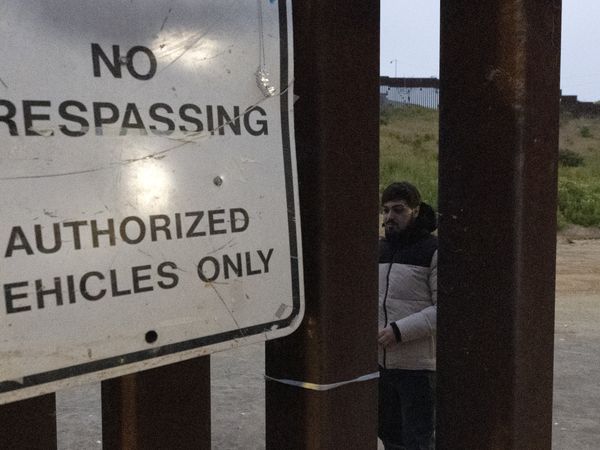
Iraqi Prime Minister Mohammad Shia al-Sudani announced that his country’s relations with brotherly Arab countries “have reached their best through mutual respect and respect for the sovereignty of the Iraqi state.”
On Wednesday, Sudani met with representatives of a number of oil companies operating in Iraq, and attended the launch of the Mineral, Petrochemical, Fertilizer and Cement Investment Conference in Baghdad.
The Iraqi premier discussed with representatives of a number of major oil companies ways to develop partnership in various fields. According to a statement by his media office, the meeting reviewed the overall progress in the oil investment sector, and the development of partnership between Iraq and major international companies.
Sudani affirmed that his government “has placed investment in associated gas among its priorities, in order to benefit from this wealth and achieve self-sufficiency in this vital material.”
“Iraq is ready to support its economic partners and welcomes development proposals, just as it deals positively with observations that seek to overcome problems and obstacles in cooperation with the Ministry of Oil,” he told the meeting participants.
At the investment conference, Sudani called on the private sector to engage in the industrial field, calling for “defining Iraq’s industrial identity.”
“The conference on mineral investment is qualitative and is held for the first time in Iraq,” he said, noting that work must be done to develop this sector through the minerals available in the country.
The prime minister pointed to investment opportunities in the industrial sector, which he said must be activated to achieve Iraq’s interests.
“Providing guarantees and facilitations for the private sector is a priority for the government to absorb unemployment,” he noted, adding: “Our relations with brotherly Arab countries have reached their best state through mutual respect and respect for the sovereignty of the Iraqi state. Iraq’s role today has become a pioneer in the region.”
Sudani affirmed his intention to support national production and not to make Iraq a consumer market for foreign goods, indicating that his government will work to “achieve a balance between the public and private sectors in terms of the distribution of workers.”
“We will not continue to watch while Iraq remains a consumer market, but there will be a national production,” he emphasized.
Iraq has not been able, over the past two decades, after the fall of the regime of former Iraqi President Saddam Hussein, to change its economic identity from being a country that adopts the socialist (public) sector, to a market economy after 2003.
Despite its rejection of all the policies of the previous regime and its political and economic ideology, Iraq remained a state dependent on one main resource, which is oil. In addition, while Iraqi state employees did not exceed one million before 2003, their number increased to 6 million after the fall of the regime, due to partisan competition and the rise in oil prices.
In this context, Sudani’s government is trying to encourage the private sector and international companies to engage in investments in order to reduce dependence on oil by diversifying the sources of national income.







